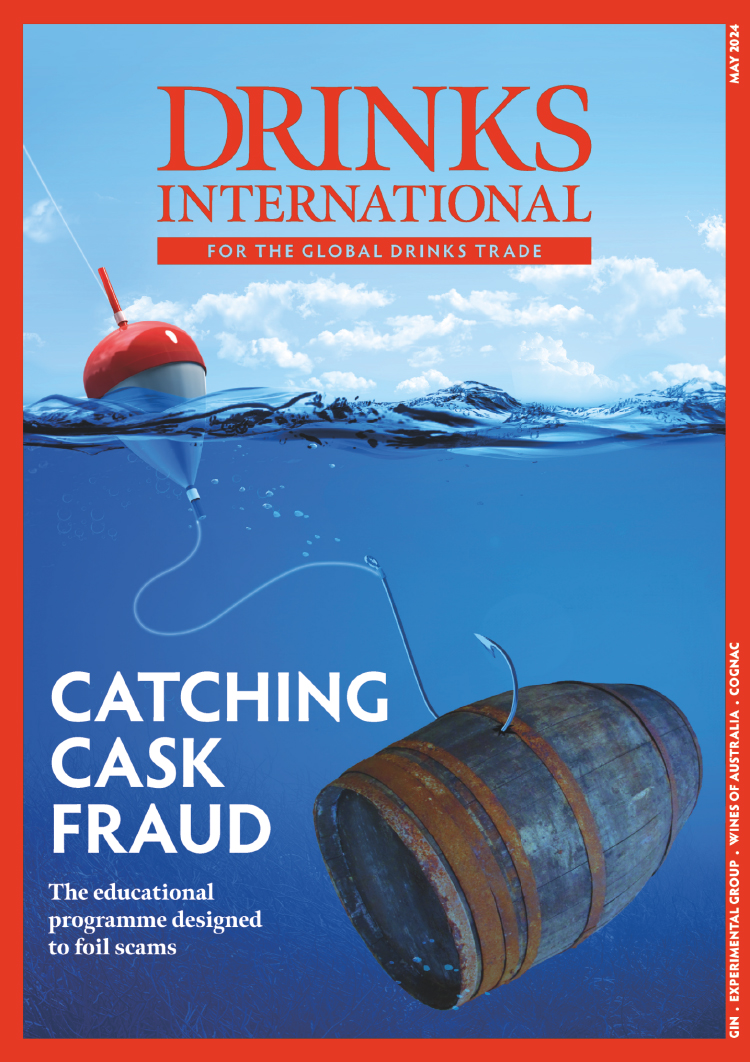“People want to drink [non-alcoholic versions of] what they know and have become accustomed to. In the UK, gin is around 30% of traditional spirits but it’s less than 5% in the US. Products like our take on bourbon and recently-launched homages to tequila are incredibly popular in the US.
“We have a broad spread, so the brand has mass appeal regardless of where it is in the world. It also provides a toolkit for the hospitality sector. Using Lyre’s, you can now make every one of the world’s 50 bestselling cocktails.”
BLITZ STRATEGY
The “blitz strategy” borrowed from the tech industry means “sacrificing some profits on the altar of agility”. Livings adds: “The objective early on is to win market share to get the brand to become synonymous with the category as it emerges.
“A good example is Google, which is now part of the common vernacular for searching for something on the internet. Before Google there was Alta Vista, Ask Jeeves and Yahoo, but Google exploited the first scaler advantage. We’re looking to do the same thing with Lyre’s.
“We are not a pro table business – just like a lot of start-ups in the tech world aren’t – but we have a very clear path to profitability over the next couple of years as the category approaches maturity.”
Reaching that goal involves “recruiting amazing people to run the business and empowering them”.
It also means, Livings adds: “You raise cash and you burn it. You prioritise the acquisition of market share with the conviction that if you control a good chunk of it in the early part it’s very difficult to take it off you.
“If you’ve done it right you’ve built a brand people have fallen in love with and don’t want to move away from.” Livings’s home market of Australia was the launchpad for Lyre’s.
“The big drinks companies like Australia and New Zealand to test products because they have small populations and, if they fail, they fail relatively inexpensively. We’ve actually got about 80% of the category in Australia.
“The UK is home to non-alcoholic spirits and category penetration is sitting at around 3% of the total spirits market now. In the US, penetration is only around 0.2% or 0.3%. We’re overindexing our spend in the US because that market will catch up with the UK in penetration and will be a significant quantum larger than the UK when it does.
“We’re also pushing into areas where we’re the only show in town – China, Asia, the Middle East.
“China is littered with the corpses of well-intentioned multinational consumer product brands that thought they could use the same methods as elsewhere in the world to capture the market.
“We’ve got a joint venture with a number of Chinese ex-bar professionals and we’re focusing on five key cites and provinces with a combined population of 200 million people, so we’re not trying to sell it to 1 billion-plus people.
“The strategy is to work with the most effective wholesalers, city-by-city, who will get our products to market.”
Livings was originally drawn to alcohol-free spirits after seeing a chart of total alcohol consumption in Australia that “looked like a reverse hockey stick – not only was it decreasing but the rate was getting faster”.
It’s a trend that’s being replicated worldwide, he contends. “It’s a moderation trend, not an abstinence trend,” Livings adds. “The vast majority of people coming to the category also consume alcohol; they use our products to moderate that consumption, not to replace it.
“It’s our conviction that this market transcends international borders, cultural groups and income stratas. The world is looking to drink more mindfully.”




